Your joints are the hinges of your body—without them, movement is impossible. Yet, millions overlook joint health until pain or stiffness sets in. The good news? Science shows that targeted lifestyle changes over just seven days can significantly support joint function, reduce inflammation, and lay the foundation for long-term mobility.
This comprehensive 7-day plan is rooted in evidence-based nutrition, movement, and recovery strategies. Each day focuses on a key pillar of joint protection, with clear actions, explanations of why they work, and practical ways to adapt them to your lifestyle.
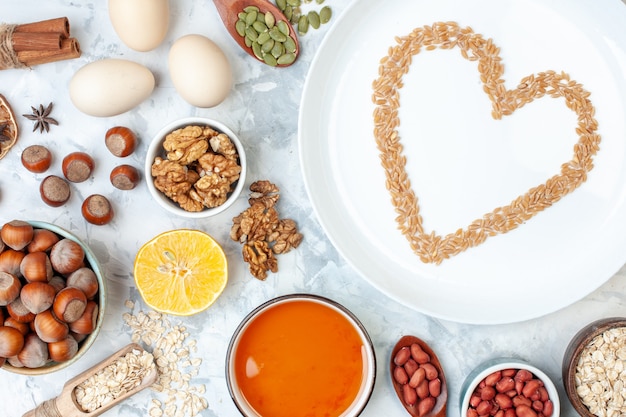
Start by cutting out processed sugars, refined carbohydrates, and trans fats—common triggers of systemic inflammation. These foods increase levels of pro-inflammatory cytokines, which can worsen joint pain and accelerate cartilage breakdown.
Instead, focus on whole, unprocessed foods. Replace white bread with whole grains, soda with water or herbal tea, and packaged snacks with fresh fruit or nuts.
💡 Why it works: A 2020 review in Nutrients found that diets high in processed foods correlate with increased markers of inflammation like CRP and IL-6—both linked to osteoarthritis progression.
Omega-3s (EPA and DHA) are potent anti-inflammatory agents. Aim for two servings of fatty fish (like salmon, mackerel, or sardines) today—or supplement with 1,000–2,000 mg of high-quality fish oil.
Plant-based sources like flaxseeds and walnuts provide ALA, a precursor to EPA/DHA, though conversion in the body is limited.
💡 Why it works: A meta-analysis in Annals of the Rheumatic Diseases showed that omega-3 supplementation significantly reduced joint pain and stiffness in individuals with rheumatoid arthritis.

Motion is lotion for your joints. Today, engage in 30 minutes of low-impact activity—walking, swimming, cycling, or tai chi. These activities nourish cartilage through synovial fluid circulation without stressing the joints.
Avoid high-impact exercises like running or jumping if you have existing joint concerns.
💡 Why it works: Regular movement stimulates chondrocytes (cartilage cells) and improves joint lubrication. A 2019 study in Arthritis Care & Research found that moderate exercise slowed cartilage degeneration in knee osteoarthritis patients.
Cartilage is 65–80% water. Dehydration reduces its shock-absorbing capacity, increasing friction and wear. Aim for at least 2–3 liters of water today, adjusting for activity level and climate.
Include hydrating foods like cucumbers, watermelon, and oranges. Limit dehydrating beverages like alcohol and excess caffeine.
💡 Why it works: Proper hydration maintains synovial fluid viscosity, essential for smooth joint movement. Chronic dehydration may accelerate cartilage breakdown over time.
Strong muscles around joints (like quadriceps for knees or rotator cuffs for shoulders) act as shock absorbers. Perform bodyweight exercises: squats, lunges, wall push-ups, and seated rows with resistance bands.
Aim for 2 sets of 10–12 reps, focusing on form over speed.
💡 Why it works: A 2021 study in The Journal of Orthopaedic and Sports Physical Therapy showed that targeted strength training reduced knee joint load by up to 30% in osteoarthritis patients.
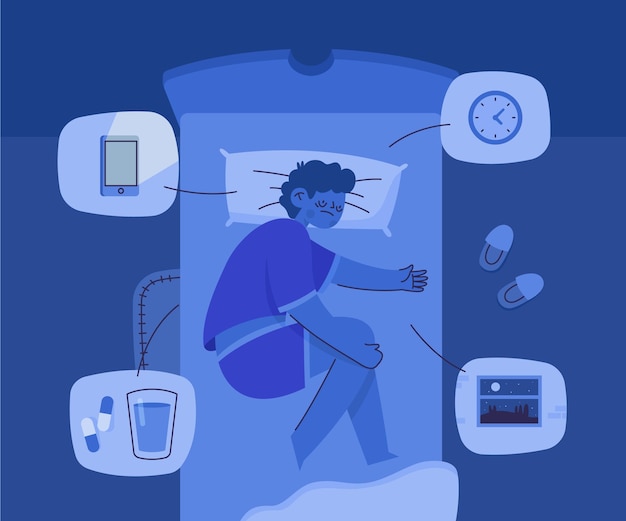
Poor sleep increases inflammatory markers and lowers pain thresholds. Aim for 7–9 hours of quality sleep. Create a wind-down routine: dim lights, avoid screens, and consider magnesium-rich foods (like spinach or pumpkin seeds).
💡 Why it works: Sleep regulates cortisol and cytokine production. Chronic sleep deprivation is linked to higher risk of inflammatory joint conditions, per research in Sleep Medicine Reviews.
Consider evidence-backed supplements: glucosamine and chondroitin (may support cartilage repair), turmeric (curcumin reduces inflammation), and vitamin D (deficiency linked to joint pain).
Always consult a healthcare provider before starting supplements, especially if on medication.
💡 Why it works: A Cochrane review found that curcumin significantly improved pain and function in arthritis patients. Vitamin D supports calcium absorption and bone-joint integrity.
This 7-day plan is a jumpstart. For lasting joint health, integrate these habits gradually:
Small, consistent changes yield the greatest long-term protection. Your joints will thank you years from now.

Wellness

Wellness

Wellness

Wellness

Wellness
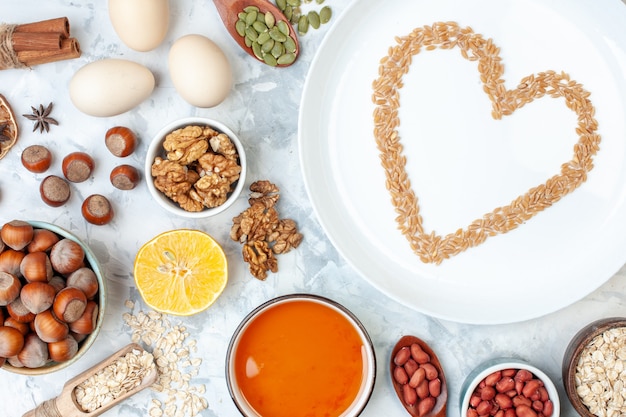
Health

Fitness
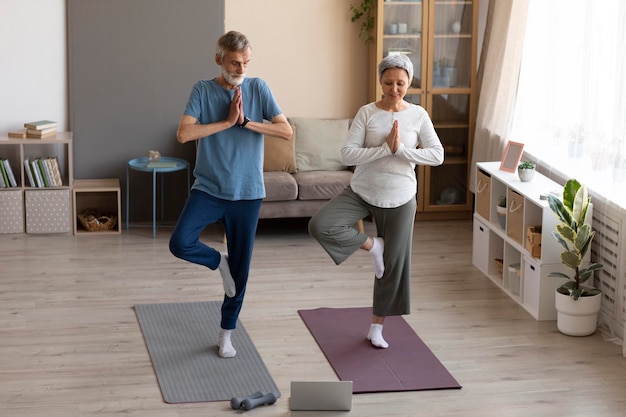
Wellness

Wellness

Wellness

Wellness
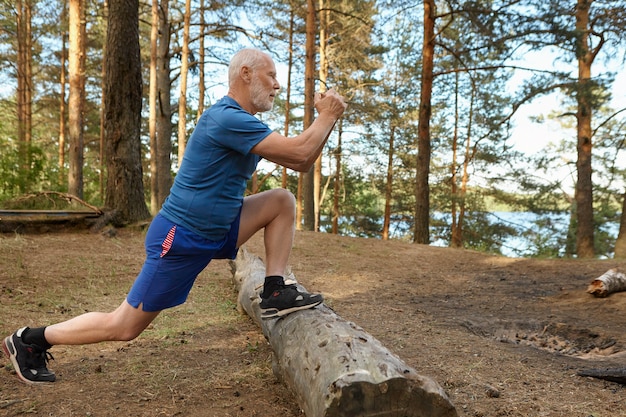
Fitness

Health

Fitness

Health

Health